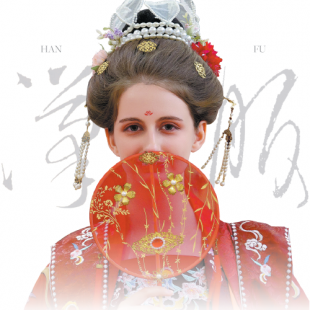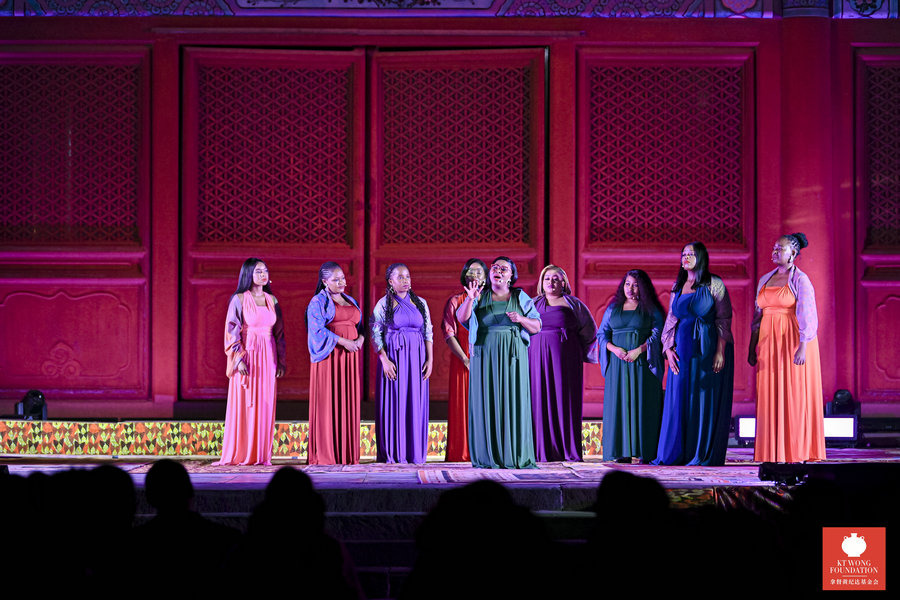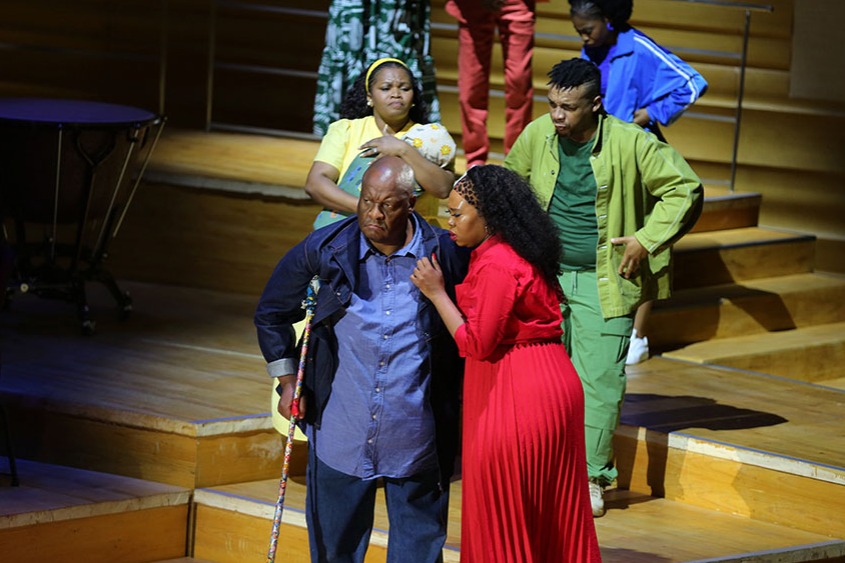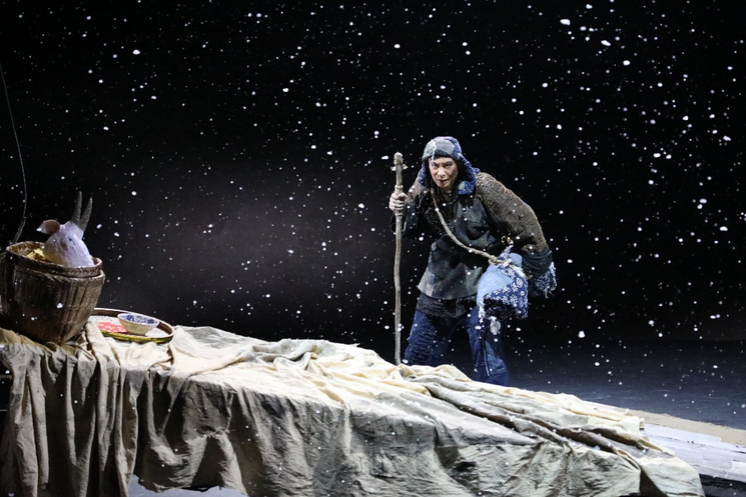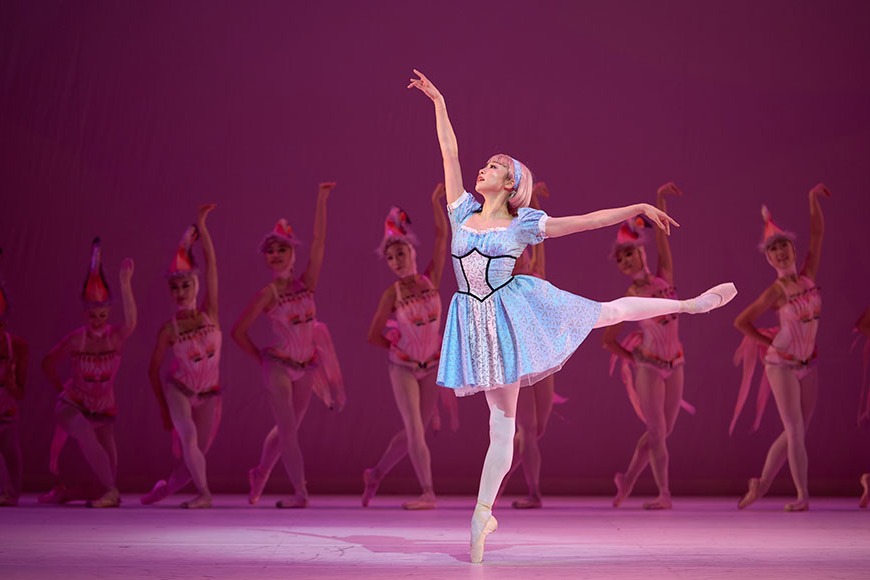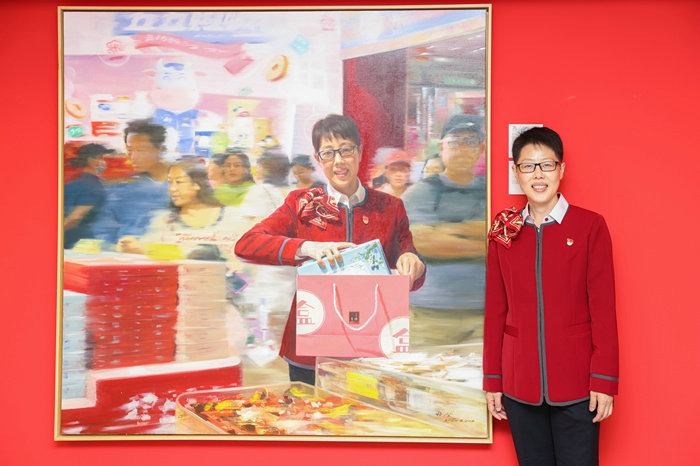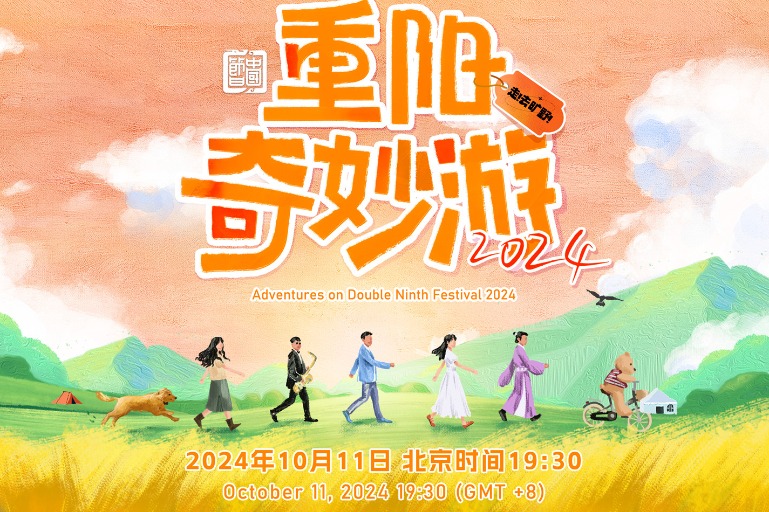Overseas hanfu clubs serve as cultural ambassadors
Traditional Chinese attire helps weave connections within the US, build bridges of understanding


Global network
While bridging the people-to-people interest in hanfu, it also expands a network across the globe and has an increasing presence through communities that represent Chinese heritage and culture.
Ming Liang, president of the New York Hanfu Corporation, said that they have a large hanfu club network across the US, with more than a dozen clubs in different states that operate independently but maintain regular connections.
"During the pandemic, we had an online hanfu gathering. At that time, people from five continents and eight countries attended, with hundreds of participants simultaneously online," she recalled with pleasant surprise.
"Our members here are either second-generation Chinese immigrants or people from China who are studying abroad," Ming said.
She said her hanfu club is a government-registered nonprofit organization that has around 300 active members, with weekly activities and celebrations on important dates.
Studying folklores and having previously taught Chinese herself, Ming has been interested in Chinese culture and has devoted herself to operating the club. The board of the hanfu nonprofit is made up of people from different backgrounds, from finance to IT, but they are brought together by the same interest.
Ming said the first time she participated in activities for Tomb Sweeping Day, was a memorable experience. This traditional festival is devoted to remembering and honoring the deceased, but it also signifies the arrival of spring, during which people typically go on outings. She was attracted to an activity organized by the hanfu club at Manhattan's Central Park and was eager to see what it would be like.
"In their tiny space, I felt a sense of sanctity. It's the reverence for ancestors, that mindset, which really moved me," she said. "And the ceremony was done so meticulously, using traditional rituals.
"I joined their event again during the Dragon Boat Festival. We were discussing the relationship between Confucianism and Taoism. There weren't many people, maybe just around a dozen or so, but each person shared their interpretation of our Chinese traditional philosophy very seriously," Ming added.


